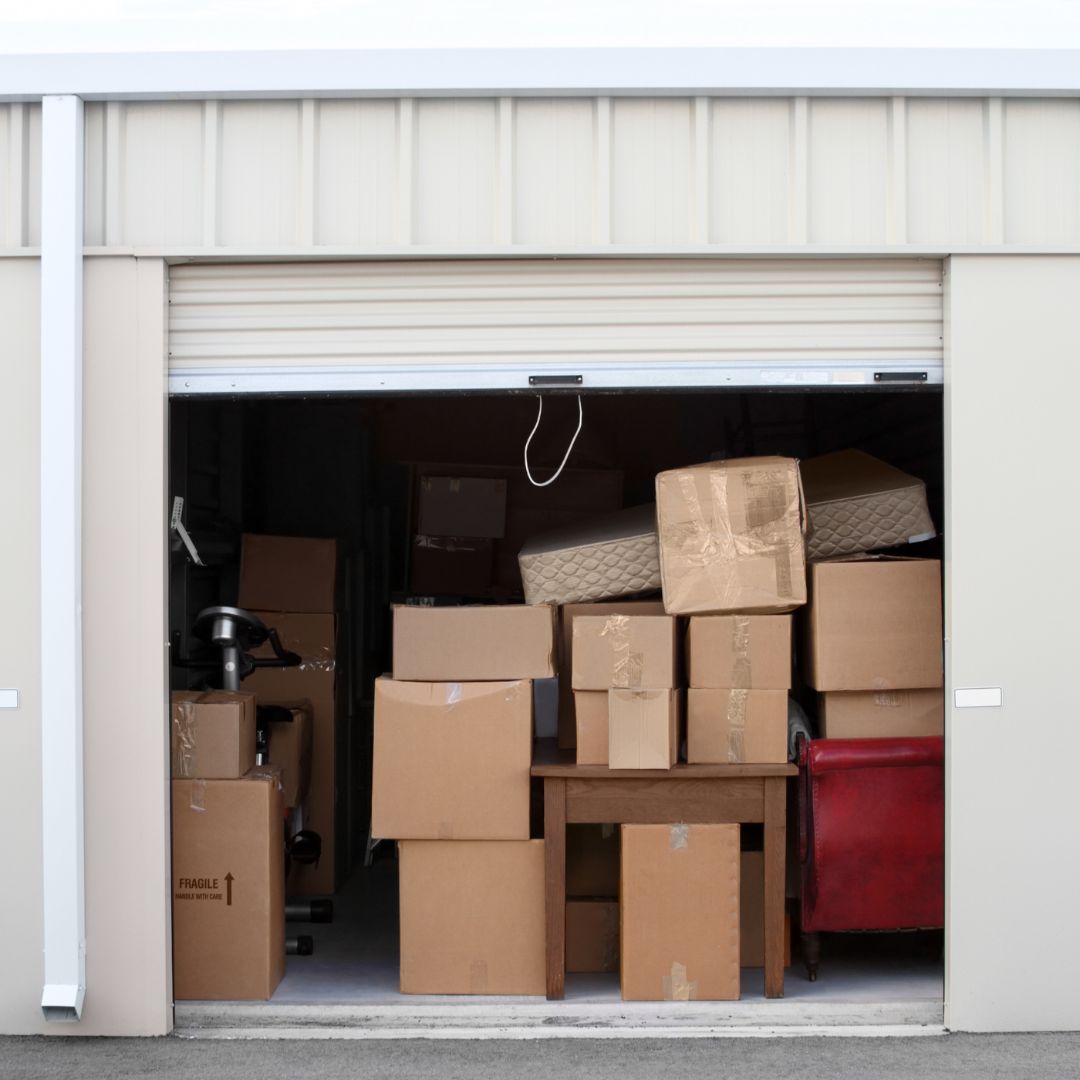
Understanding Market Risks:
The Stock Market, Residential Real Estate, and Self-Storage Investing
As an investor – whether a beginner or seasoned professional – one needs to always manage downside exposure. When analyzing an investment in any field or industry, risk is the name of the game. If you see an opportunity to make 10%, 15%, or 20% on your money, should you make an investment? The answer, and the key to ultimate success, lies in understanding how much risk is at stake.
What do I mean?
If you scan the stock market and find an attractive company you’d like to invest in, what is the likelihood you’ll lose money? Does the company have a competitive edge and the ability to raise prices alongside its input costs? Can the company withstand macro challenges that have appeared from wars, inflation, and higher interest rates?
What if you buy an individual home to rent out to a tenant – is your potential reward greater than your potential risk? What happens if the tenant vacates, and your investment is now generating $0 of income? What happens if you have a flood and suddenly need to make major repairs just to stay afloat?
These questions and many more need to be addressed when assessing an investment’s viability. And, when all is said and done, you’ll come to realize that self-storage offers the best risk-adjusted reward in the marketplace, the only such reward you should think about.
Let’s dig a little deeper.

What is Self-Storage?
Self-Storage is a type of real estate asset class.
Over the years, as consumers have collected excess goods and products, there has been an increasing demand for extra space and storage. That is where self-storage comes in.

Why is Self-Storage a Good Investment?
As mentioned earlier, the goal when evaluating an investment is to determine if you are being compensated for the inherent risk involved in the transaction. In any real estate transaction, you’ll come across two main drivers of risk: financial risk and operational risk.

Second, self-storage facilities have proven to be recession-proof. Generally, monthly rents for self-storage range from $50-$150 per month. Since the actual dollar amount is relatively small relative to a typical person’s other yearly expenses, when a tenant thinks to cut back during a recession, he or she opts to cut back larger ticket expenses before cutting back their self-storage expense. Furthermore, during a recession, many people elect to downsize their apartments and homes to save money. Historically, when people downsize, they look for out-of-home space (such as self-storage) to store their extra furniture and goods.
So, self-storage is a great, consistent, recession-proof investment, but why is it better than owning residential real estate or investing in the stock market?

Downsides of Residential Real Estate
Ever since the onset of Covid, the market has begun to realize how fragile the housing market truly is. Investors hoping to raise rents on their tenants, refinance their debt, or experience appreciation on their home are being met with a rude awakening. In order to combat inflation, the government has raised interest rates rapidly and that has caused a precipitous drop in housing prices and soaring financing costs. And, as a single-tenant asset class, a residential home is an inflexible asset. Meaning, an owner is locked into a long-term lease without much optionality to raise rents.
Self-storage is just the opposite.
As a self-storage investor, you’ll manage hundreds of units – each with varying lease expirations. As the market changes, self-storage asset owners have a tremendous amount of flexibility to raise rents and ensure supply and demand are always optimized for maximum profit potential. All while minimizing downside risk.

